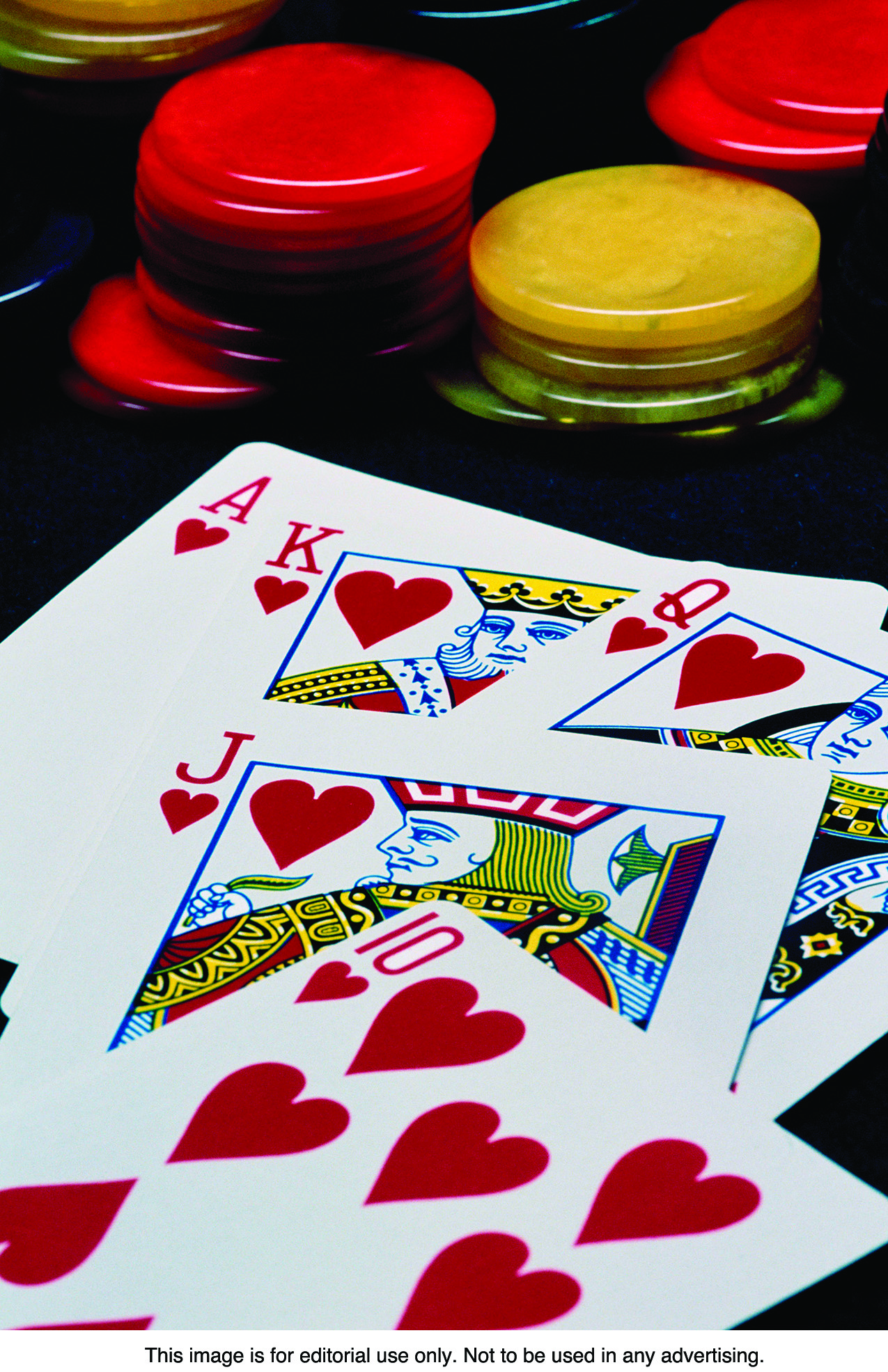The rush one feels when winning a hand in a game such as poker is often described as a feeling unlike any other. Horse racing enthusiasts may feel a similar euphoria when their horse finds its way into the winner’s circle. Many people cherish these moments and make the most of them without feeling compelled to place another bet. But many others develop compulsions to gamble, which can be dangerous if they go unchecked.
Problem gambling is a bigger issue than the general public may recognize and affects people from all walks of life globally. According to the North American Foundation for Gambling Addiction Help, 2.6 percent of the United States population has a gambling addiction, and in Canada as much as 25 percent of the population has suffered some type of negative consequence due to problem gambling.
One reason problem gambling can be so dangerous is that it can be harder to spot than other addiction-related problems. For example, symptoms of alcohol addiction can sometimes be easy to spot because sufferers’ behavior may change in ways that are hard to miss. However, many people who are problem gamblers exhibit no perceptible symptoms of their addiction.
Learning to spot problem gambling can help people recognize if they or their loved ones are becoming or are addicted to gambling. The following are some symptoms of problem gambling.
- Gambling for reasons other than fun:Problem gamblers may gamble to calm nerves, forget worries, or reduce depression.
- Loss of interest in other things:People who are problem gamblers often lose interest in activities they once looked forward to.
- Focusing strictly on gambling:Problem gamblers may talk and think about gambling or plan to gamble without engaging in other activities.
- Being deceptive:Problem gamblers sometimes lie about their gambling habits.
- Frequent gambling:Problem gamblers may gamble alone or gamble more often than recreational gamblers.
- Confrontational:Some problem gamblers become argumentative about their gambling.
- Sacrificing basic needs:Problem gamblers may go without basic needs in order to gamble.
- Growing need to gamble:Many people who are problem gamblers need to gamble more and more money in order to get the desired effect.
- Health suffering due to gambling:Problem gamblers may develop health problems related to their gambling. These may include lethargy, headaches, anxiety, and depression.
- Financial problems:Problem gamblers often develop financial problems caused by their gambling.
People who suspect they or a loved one has a problem with gambling can visit the National Council on Problem Gambling at www.ncpgambling.org or call 1-800-522-4700 for help.












